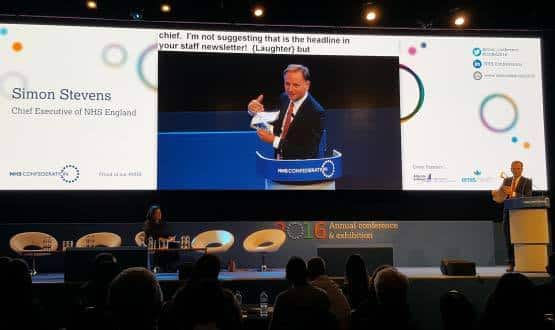Monitor to base tariff on PLICS
- 22 November 2012

Monitor wants to shift the basis on which Payment by Results prices are calculated away from average costs and towards the actual cost of treating individual patients.
The regulator, which is assuming responsibility for developing the NHS tariff with the NHS Commissioning Board, says in a paper published yesterday that enough acute trusts have now implemented patient level information and costing systems to make this feasible.
It says PLICS have now been implemented at 93 trusts in the NHS, and that 145 or 80% have implemented, are in the process of implementing, or are planning to implement these systems.
On this basis, it says it will conduct a voluntary collection of 2012-13 PLICS data from acute providers for treatment delivered to patients admitted to hospital in the coming year.
This will be used for analysis and “potentially to inform price setting in 2015-16.” Trusts will be asked to self-assure their data using costing standards developed by the Healthcare Financial Management Association, and to explain where they can and cannot meet them.
However, ‘Costing Patient Care: Monitor’s approach to costing and cost collection for price setting’, acknowledges that shifting the basis of the tariff in this way is a long-term aim.
In the short and medium term, the regulator says it will need to continue to collect and improve the data quality of the reference costs that have underpinned PbR since it was introduced just under a decade ago.
Audit bodies have repeatedly criticised the quality of costing data, and the quality of the coding and record keeping on which it is based; while noting that poor record keeping is also a patient safety issue.
Monitor says it will introduce a programme of external checks to tackle the problem, while requiring trust boards to sign-off on the data.
Patient-level costing has its roots in the activity based costing systems developed in US manufacturing firms in the 1970s, and has been adopted by hospitals in the US and some parts of Europe.
The NHS has been relatively slow to adopt it, despite interest from the HFMA and Department of Health, with business intelligence experts split on whether the health service needs the level of costing information it supplies.
The Nuffield Trust issued a report in September backing PLICS and outlining case studies showing how trusts had been able to use it to undertake a detailed analysis of the real cost of their services and use these to negotiate with commissioners.
However, the authors warned that if clinical commissioning groups were not given access to PLICS data, they could be even more disadvantaged than other commissioners have been.
The Monitor paper says that PLICS data would enable the costs of individual patients to be tracked over a year, which would support a move away from paying for episodes of care and towards paying for packages of care for patients with long-term conditions.
It wants to create a national PLICS database “as a valuable source of information for other users”, for policy makers and planners, and for trust benchmarking exercises.
The changes will not affect mental health or community care. Attempts to introduce a tariff for mental health were put off earlier this year, after auditors warned reference cost data for the sector was too poor to support the move.
The Monitor paper says it still wants to see “improved activity and costing data” in these sectors, and that the regulator is working with the DH to encourage this.




